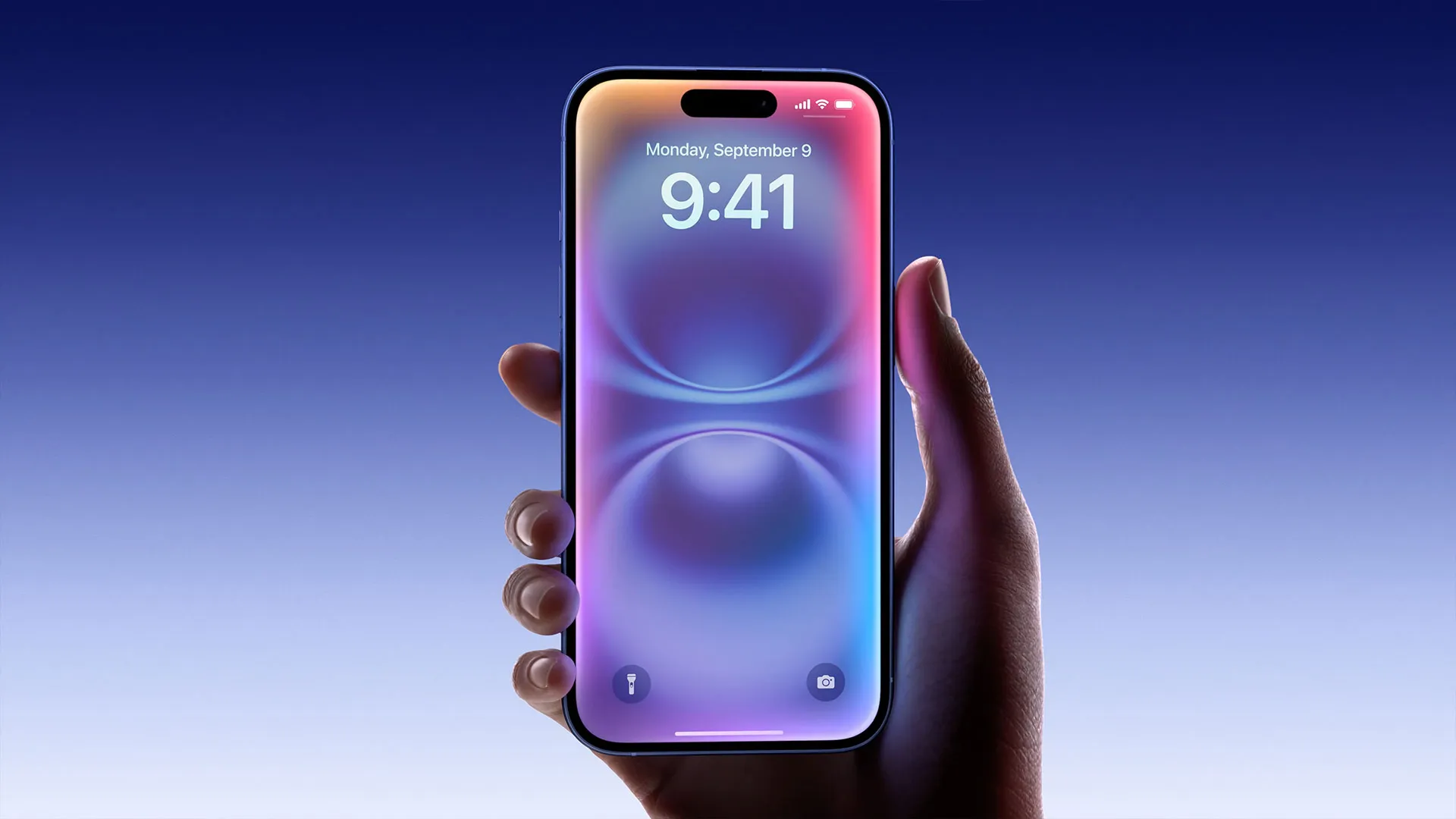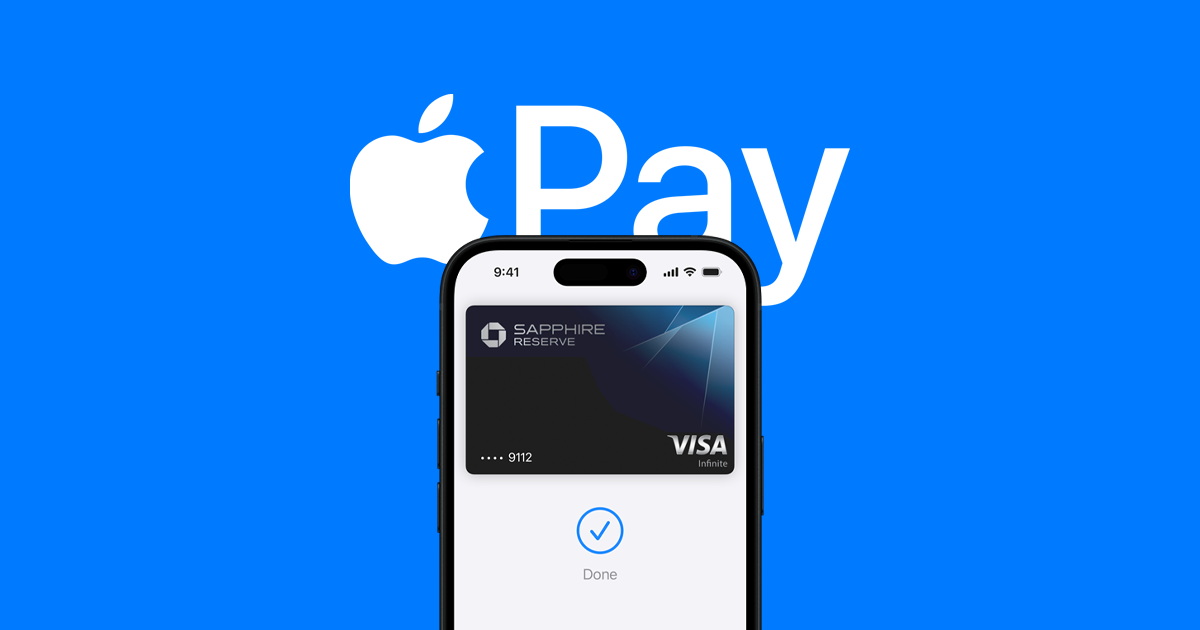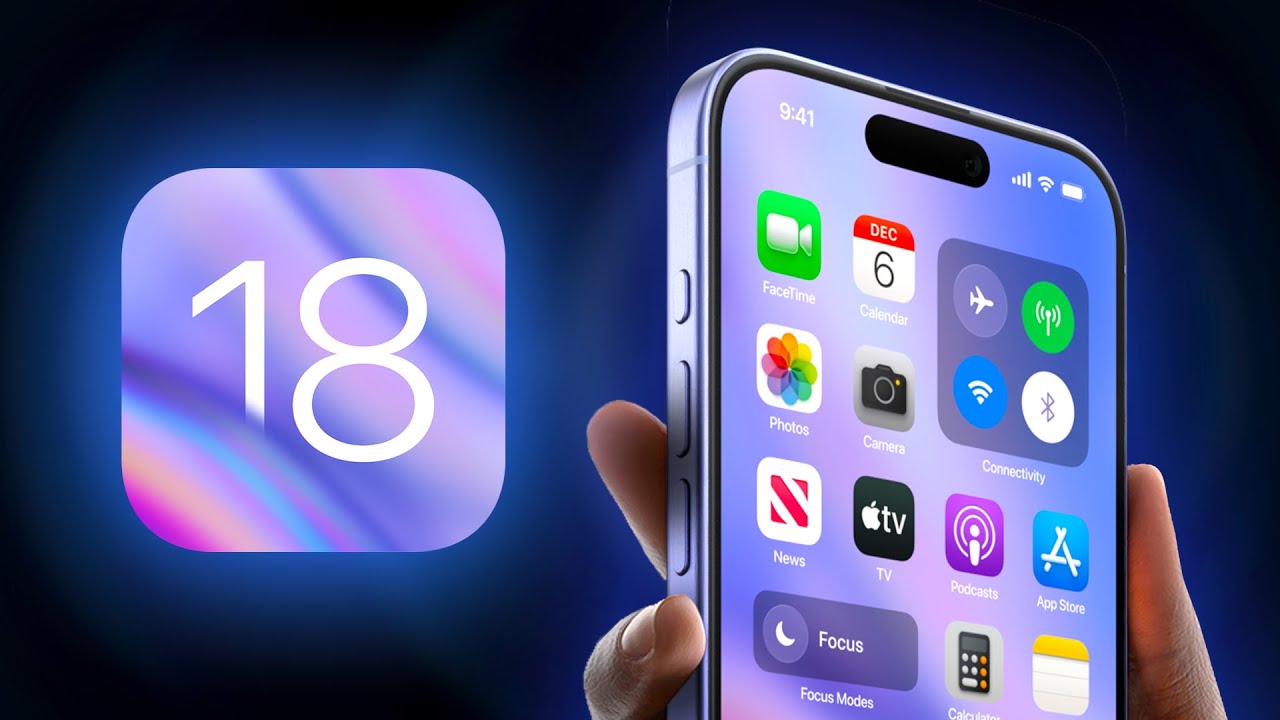The world of consumer finance is constantly evolving, and tech giant Apple is no exception. Recent developments in Canada and whispers surrounding the Apple Card partnership with Goldman Sachs paint a picture of shifting strategies and potential future changes for consumers. Let’s delve into these developments and explore what they might mean for Apple customers.
Interest-Free iPhone Financing Returns to Canada
In a move that could stimulate sales north of the border, Apple has quietly resumed offering interest-free financing on iPhones in Canada. This option, facilitated through Apple’s financing partner Affirm, allows Canadian customers to purchase iPhones and spread the payments over 24 months without incurring any interest charges. This development is a welcome return, as this option was temporarily paused in mid-2023.
This renewed offering provides a significant advantage for Canadian consumers looking to acquire the latest iPhone without the burden of immediate full payment. By spreading the cost over two years, the purchase becomes more manageable for many budgets. However, it’s important to note that this 0% financing is currently limited to iPhone purchases. Affirm continues to charge interest on other Apple products such as iPads, Macs, Apple Watches, and the recently launched Apple Vision Pro, with annual percentage rates (APRs) ranging from 4.99% to 7.99%.
This limited availability of interest-free financing underscores the unique position of the iPhone within Apple’s product ecosystem. It’s the company’s flagship product, and offering attractive financing options can be a key driver of sales, particularly in a competitive market.
Unfortunately, many of the financing options available to U.S. customers, such as the iPhone Upgrade Program and Apple Card Monthly Installments, remain unavailable in Canada. This leaves Affirm as the primary direct financing option for Canadian Apple customers. Affirm’s presence in Canada was solidified in 2021 with its acquisition of PayBright, Apple’s previous financing partner in the country.
The Uncertain Future of Apple Card and Goldman Sachs
Beyond Canada, the future of the Apple Card partnership with Goldman Sachs has been a subject of much speculation. Recent comments from Goldman Sachs CEO David Solomon have added fuel to the fire, suggesting that the partnership may not last until the end of its current contract in 2030.
During a recent earnings call, Solomon acknowledged the existence of the contract but also hinted at the possibility of an earlier termination. This revelation confirms earlier reports suggesting a potential parting of ways between the two companies. The Apple Card has reportedly impacted Goldman Sachs’ return on equity, a factor that likely contributes to the desire for a change. Solomon did offer a glimmer of hope for Goldman Sachs, stating that the situation is expected to improve in 2025 and 2026.
Rumors have circulated about potential replacements for Goldman Sachs, with JPMorgan Chase being frequently mentioned as a leading contender. However, Apple has maintained a consistent message of commitment to providing a positive experience for Apple Card customers, without directly addressing the rumors surrounding the partnership’s future.
What Does This Mean for Consumers?
The potential changes surrounding Apple Card raise questions about the implications for existing cardholders. While Apple has reassured customers of its commitment to a seamless experience, any transition to a new financial partner could bring changes. It remains to be seen how Apple will manage this potential transition to minimize any disruption for its users.
The developments in Canada and the uncertainty surrounding Apple Card highlight Apple’s dynamic approach to consumer finance. By offering attractive financing options like the interest-free iPhone program in Canada, Apple aims to make its products more accessible.
At the same time, the company appears to be evaluating its partnerships and making strategic decisions to optimize its financial services offerings. As the landscape of consumer finance continues to evolve, it will be interesting to observe how Apple adapts and innovates to meet the needs of its customers.








